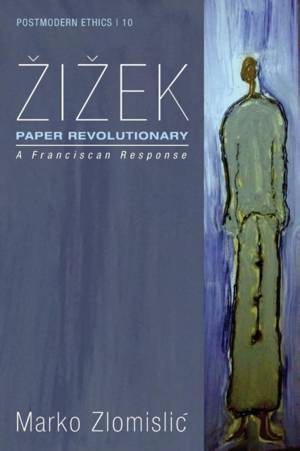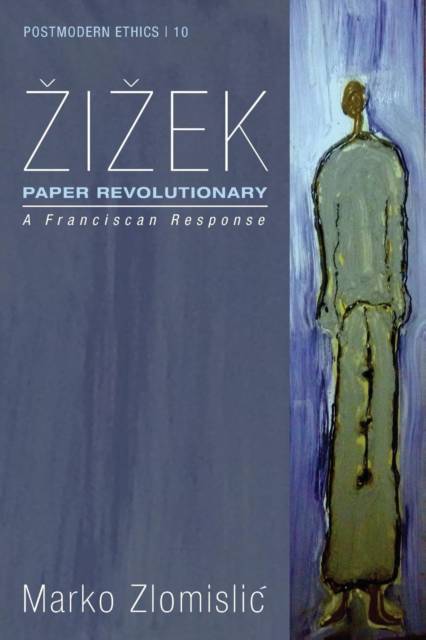
- Afhalen na 1 uur in een winkel met voorraad
- Gratis thuislevering in België vanaf € 30
- Ruim aanbod met 7 miljoen producten
- Afhalen na 1 uur in een winkel met voorraad
- Gratis thuislevering in België vanaf € 30
- Ruim aanbod met 7 miljoen producten
Zoeken
Omschrijving
In this new book, Marko Zlomislic argues that Slavoj Zizek's work does not contain any sort of radical emancipatory project, especially as it passes through the ideology of communism and Lacanian psychoanalysis. The evidence for the failure of communism is vast and includes the more than six hundred mass graves recently located in Zizek's homeland of Slovenia. Zlomislic demonstrates that the way out of the capitalist dilemma is not a repetition of communism but a return to the late medieval notion of haecceity or "individual thisness" that was rejected by modernity. Haecceity, or the indescribable and indefinite here and now of the person, shows that the late medieval Franciscans were already "postmodernists." It is no wonder that the totalitarianism of the modernist Hegel is embraced by thinkers such as Zizek, Badiou, Hardt, Negri, and Laclau and was already rejected by Leibnitz, Kierkegaard, Nietzsche, Levinas, Deleuze, and Derrida. This important book shows that Zizek's work must be rejected because it does not uphold the dignity, worth, and uniqueness of the person.
Specificaties
Betrokkenen
- Auteur(s):
- Uitgeverij:
Inhoud
- Aantal bladzijden:
- 146
- Taal:
- Engels
- Reeks:
- Reeksnummer:
- nr. 10
Eigenschappen
- Productcode (EAN):
- 9781498283496
- Verschijningsdatum:
- 18/05/2018
- Uitvoering:
- Paperback
- Formaat:
- Trade paperback (VS)
- Afmetingen:
- 152 mm x 226 mm
- Gewicht:
- 176 g

Alleen bij Standaard Boekhandel
+ 65 punten op je klantenkaart van Standaard Boekhandel
Beoordelingen
We publiceren alleen reviews die voldoen aan de voorwaarden voor reviews. Bekijk onze voorwaarden voor reviews.











